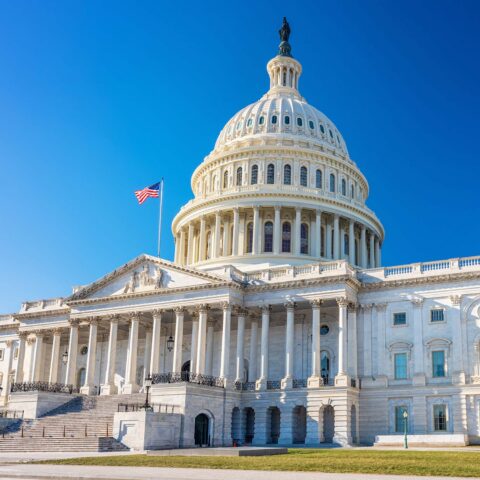The last decade brought a steady rise in private fund assets under management and, with that, growing demand for fund advisors. It also indirectly exposed millions of Americans without private fund investments simply by virtue of participating in retirement plans.
To protect those interests and the financial markets at large, the U.S. Securities and Exchange Commission (SEC) has adopted a new set of rules and reforms under the Investment Advisers Act of 1940 (Advisers Act) that will impact fund advisors, some significantly. This post highlights what you need to know and next steps to take.
What you need to know. Two new rules and one amended rule will affect all private fund advisors.
1. Restricted Activities Rule. Restricts activities that run “contrary to the public interest and the protection of investors,” including charging or allocating fees or expenses for:
- Investigation of the advisor without disclosure and consent from fund investors
- Investigations resulting in a sanction for a violation of the Advisors Act
- Regulatory, examination or compliance, unless disclosed to investors
- Portfolio investment on a non-pro rata basis, unless the allocation is fair and equitable and disclosed in writing prior with proper justification
Note: The Restricted Activities Rule also governs tax disclosures around advisor clawbacks, as well as borrowing or receiving credit extensions from a private fund client without disclosure or consent.
2. Preferential Treatment Rule. Prohibits providing preferential terms to investors regarding certain:
- Redemptions from the fund, unless required by applicable law or offered to all investors
- Information about portfolio holdings or exposures, unless offered to all investors
- Terms disclosed prior to investment and all terms are disclosed after investment
Worth noting: The Preferential Treatment Rule also promotes transparency of previously undisclosed preferential treatment practices, including activities around fund seeding and side letters.
3. Compliance Rule Amendments. The latest changes to Advisers Act require all registered advisers, including those who don’t advise private funds, to document in writing the required annual review of your compliance policies and procedures.
What else you need to know. Three new rules affect only SEC-registered private fund advisors:
1. Quarterly Statement Rule. Requires distribution of a quarterly statement to private fund investors disclosing fund performance, cost of investing, fees and expenses paid by the fund, and certain compensations paid to the advisor.
2. Private Fund Audit Rule. Requires a financial statement audit aligned with the Advisers Act custody rule (rule 206(4)-2) to verify the advisor’s valuation of private fund assets and protect investors against misappropriation.
Worth noting: This eliminates the option for private funds that are RIAs to receive surprise exams in lieu of an audit – which could be 2024 year-end. We anticipate further SEC clarification around this.
3. Advisor-Led Secondaries Rule. Require a fairness or valuation opinion when giving existing fund investors the option to sell their interests in a private fund and convert or exchange their interests for interests in another vehicle the advisor manages.
Worth noting: To safeguard against conflicts of interest in structuring and leading transactions, the Advisor-Led SecondariesRule also requires providing investors with a summary of the last two years of material business relationships.
So what’s next? In a word, compliance. The Private Fund Audit and Quarterly Statement Rules require compliance within 18 months of the date of publication in the Federal Register. Different timelines apply to the Advisor-Led Secondaries, Preferential Treatment and Restricted Activities Rules:
- 12 months after the date of publication in the Federal Register for advisors with $1.5 billion or more in private funds assets under management
- 18 months after the date of publication in the Federal Register for advisors with less than $1.5 billion in private funds assets under management
Worth noting: The amended Advisers Act requires compliance within 60 days of publication in the Federal Register.
Plan to pivot. While designed to enhance transparency and protect the best interests of investors, the SEC’s new rulings also have the potential to mitigate the burden of responsibility on private fund managers. But there’s no question they mean more paperwork and, in some cases, operational changes.
Our advice: Start planning now and don’t hesitate to reach out for guidance. Need to set up a call? Email Steve Vlasak, Richey May’s Business Development Partner, Alternative Investments Practice.





